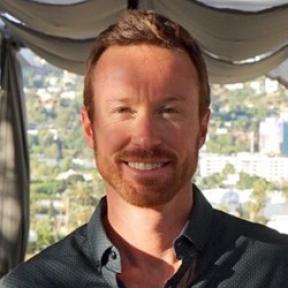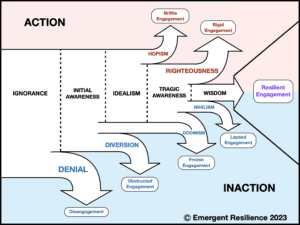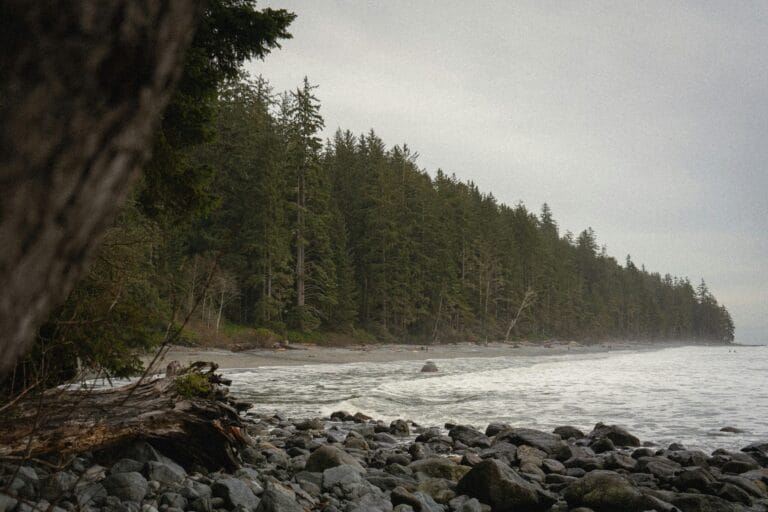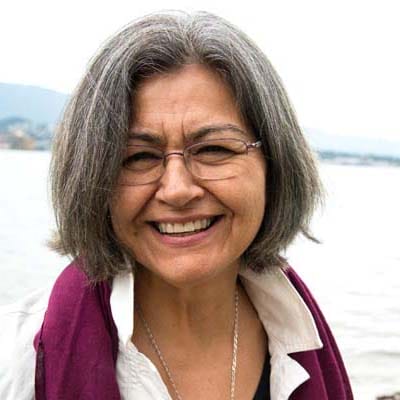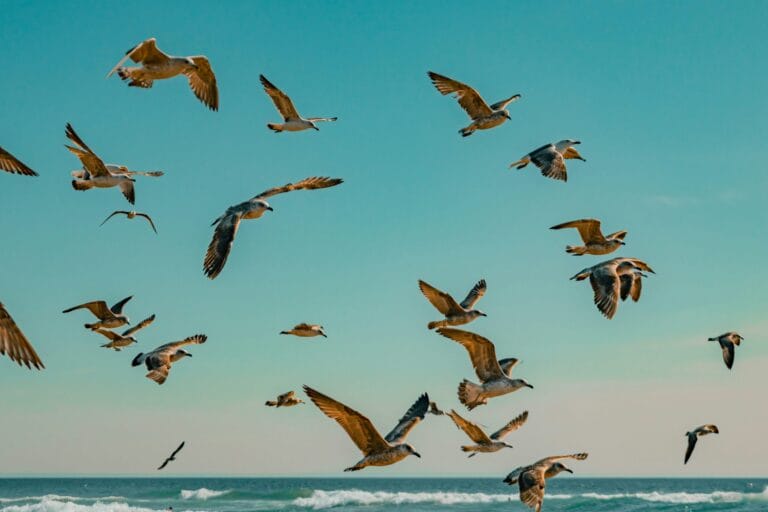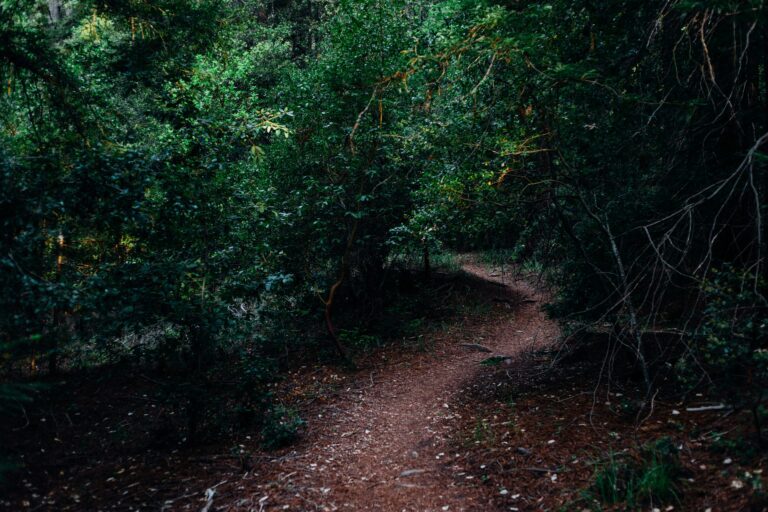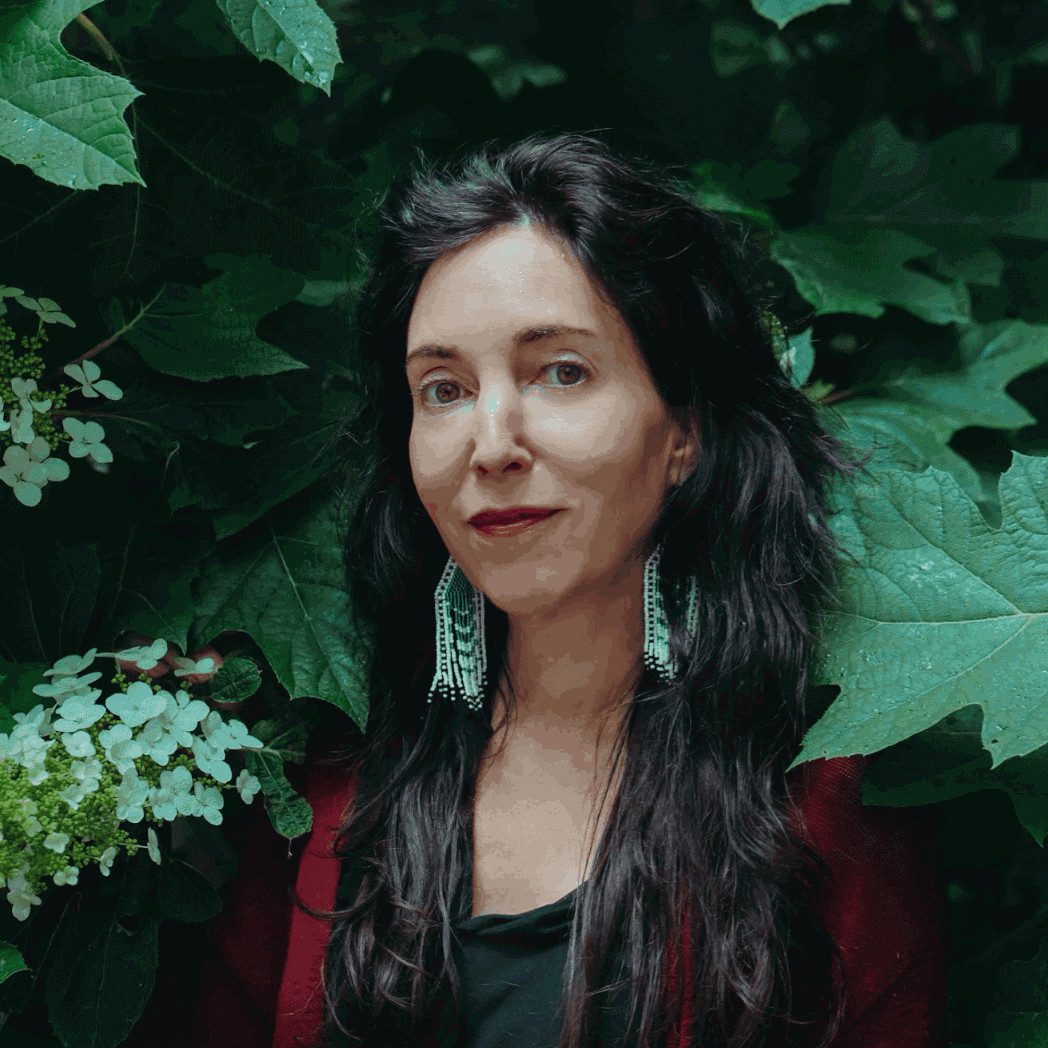What does it mean to be in right relations with those who deny the realities of accelerating ecological degradation, social injustice, and individual suffering or, worse, who actively exacerbate those interwoven crises? Whether because we share close personal ties with those who are dismissive of the crises of our time, because we are actively engaged in the work of participating in and growing movements seeking to mitigate those issues, or simply because they occupy such prominent places in our cultural landscape, the “bad guys” are an inescapable part of life for many.
This unavoidable interdependence raises a host of issues, in both our personal practice and our roles as advocates and activists attempting to reduce suffering in the world at large. How might we relate to the “bad guys” with equanimity and compassion? How might we understand their seemingly inexplicable perspectives? How might we interact with them, when necessary, in ways that reduce suffering rather than replicate systems of violence and harm? Is it worthwhile engaging with them directly in the hopes that they might eventually be part of the “solution” or are such attempts merely wastes of our finite personal and collective time, energy, and resources?
In this deep dive into the topic, participants explored the predicament of “bad guys” through a range of lenses – Buddhist, evolutionary, developmental, psychological, strategic – with the hopes of gaining new insights into how one might better relate, on behalf of both people and planet, to those who cause so much harm.


